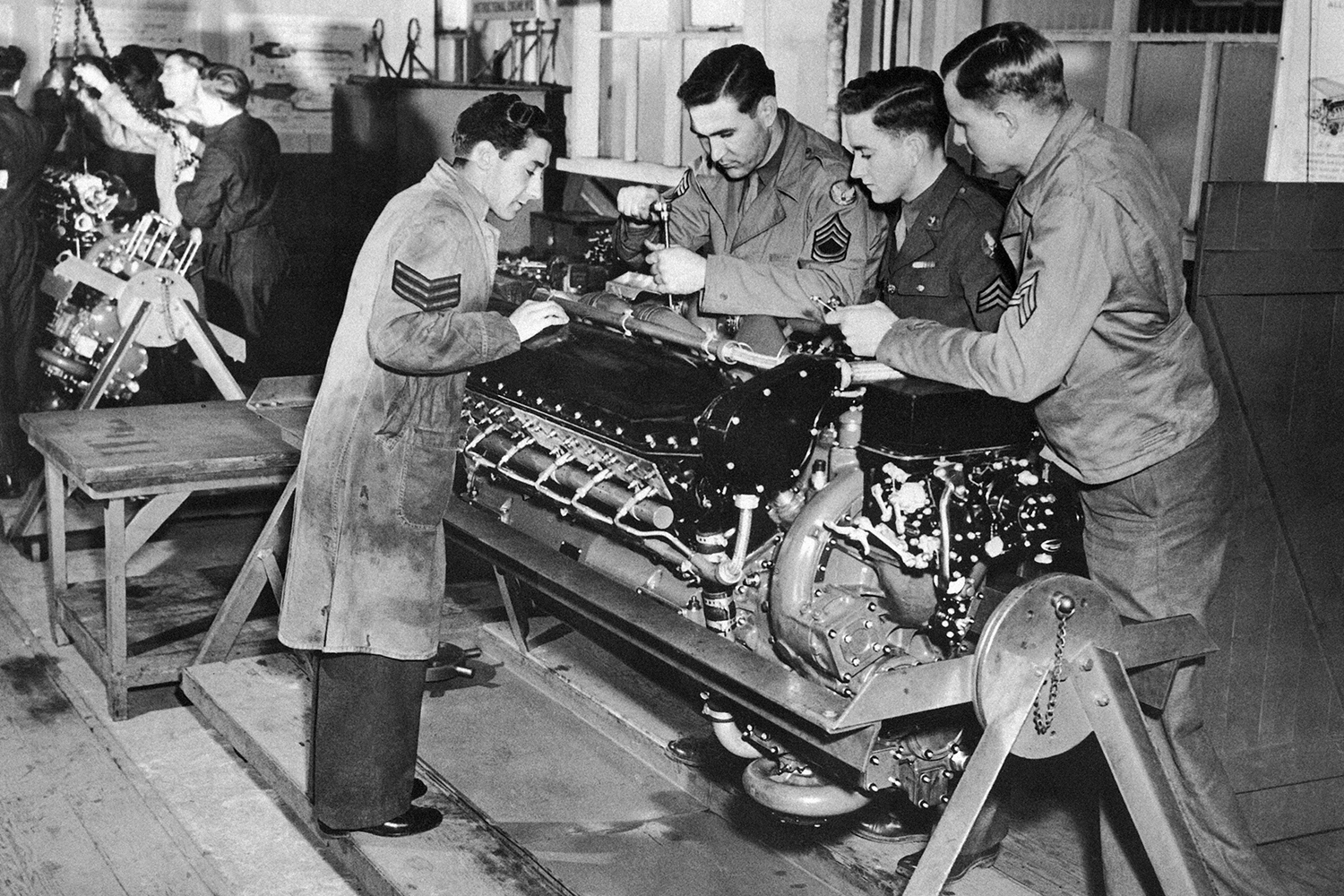For Whom the Sirens Sound
On February 19th 1941, the bombs began to drop over Swansea, a city in the south of Wales. The habitants did not expect a Luftwaffe bombing to the west of the island, so far from the Northern Sea. But, the Nazis knew that carbon exports left the port of Swansea, one of the few that sustained the British economy during the worst year of the war.

On February 19th 1941, the bombs began to drop over Swansea, a city in the south of Wales. The habitants did not expect a Luftwaffe bombing to the west of the island, so far from the Northern Sea. But, the Nazis knew that carbon exports left the port of Swansea, one of the few that sustained the British economy during the worst year of the war.
On February 19th 1941, the bombs began to drop over Swansea, a city in the south of Wales. The habitants did not expect a Luftwaffe bombing to the west of the island, so far from the Northern Sea. But, the Nazis knew that carbon exports left the port of Swansea, one of the few that sustained the British economy during the worst year of the war.
The bombs fell for three days, without ceasing. On February 21st the sky cleared.
There were 1.273 explosive bombs and more than 56.000 incendiary bombs.
230 people died.
Thirty-seven were children.
More than 400 were injured.
Eight hundred and fifty-seven buildings were left in ruins, including the Ben Evans store, which had sold everything to everyone for more than half a century.
The mother of Pete Rose could never forget the eerie sound of the sirens.
Seventy-five years have passed and at some moment beginning this year, the sirens went off.
Every day at dawn, between four thirty and six or seven.
Gemma Mullin of the Daily Mail writes, “the ghostly sound of an air raid siren wakes hundreds of people across Swansea – 75 years after it was heavily bombed by the Nazis”.
In Mullin’s article, Debbie Leyshon of 46, states: “everyone around here has heard it around dawn and into the early morning. It sounds just like a siren you hear in the war films.”
Boston Newstime quotes Pete Rose, who hears the air raid siren, every visit to his mother’s home.
“It drives my mother insane…” states Pete.
Some believe it is the local train that whistles when entering a tunnel. Others that it is an old factory’s siren that for some strange reason goes off. Some neighbors affirm the noise comes from a local pub.
What if it was something else? What if Swansea was the memory’s scout, the first to listen an interior siren that is reminding us that the bombed, massacred, and frightened to death were we and continue to be?
George Orwell used the metaphor of the canary in the mine in his chronicle “The Road to Wigan Pier”: the miners took a poor canary into the depths of the mine because when lethal gas began to escape, it was the first to suffer the consequences.
When the canary became dizzy, it meant run: the disaster was already present even though it was not felt.
Bombs are falling in Syria. While trying to escape, our brothers drown in the Mediterranean. If they survive, they desperately hit the fenced borders. They are beaten and humiliated.
On this side, many want to shut the doors to Europe.
So now I ask: For whom are the sirens sounding?





